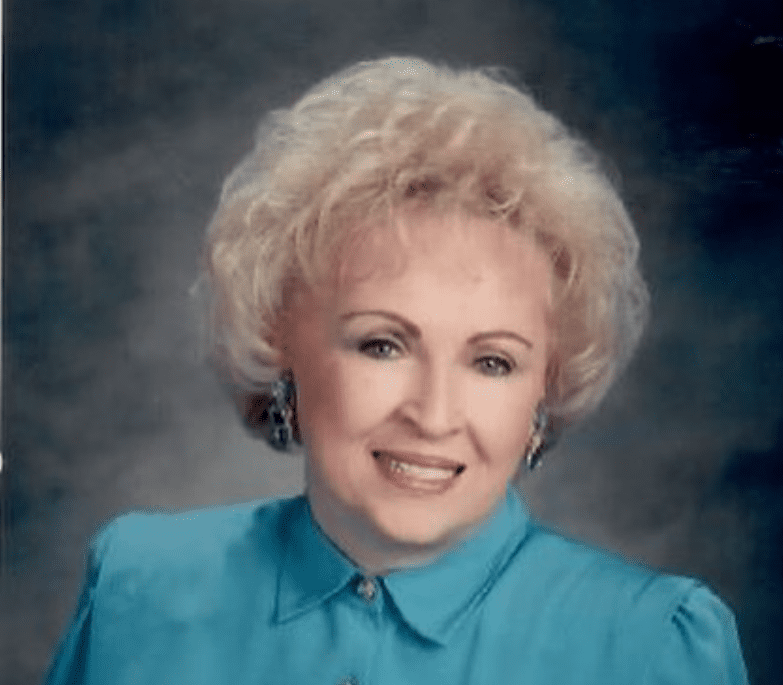
Beverly LaHaye, a shy pastor’s wife who became a champion for conservative Christian politics and a force mobilizing hundreds of thousands of religious women, died in a retirement home in El Cajon, California, at 94 years old. President Ronald Reagan once praised LaHaye as “one of the powerhouses” of the conservative movement and said she was “changing the face of American politics.”
Paul Weyrich, the conservative activist who helped start The Heritage Foundation and coined the term moral majority, called the group LaHaye founded in 1979, the Concerned Women for America (CWA), the most effective organization on the Religious Right. In 1987, he told Christianity Today that the CWA had “the best follow-through” of any political group he’d ever worked with.
At the height of LaHaye’s power, she could get the women she called “my ladies” to send more than 1,000 postcards to a US senator who had slighted her in a public hearing, 2,000 to support a Republican administration official who had been caught selling weapons illegally to Iran; 64,000 to support a controversial conservative candidate for the US Supreme Court; and 778,000 to protest a TV station that advertised condoms during prime time. LaHaye “gave a lot of women a language for understanding women’s conservative activism as absolutely necessary,” historian Emily Suzanne Johnson told The Washington Post. “Women have been the driving force of this movement in a lot of ways, particularly at the grass-roots level. I’m not sure that happens without Beverly LaHaye.”
Her success earned her the ire of those on the left, especially people concerned about LGBTQ rights. In 1993, the spokesman for the Human Rights Campaign called her “a professional hatemonger.” LaHaye also became a subject of fascination for mainstream media. LaHaye was born in Detroit on April 30, 1929, the second daughter of Lowell and Nellie Davenport. Her father died when she was 2, and her mother was forced to move in with a neighbor and work for the phone company until she got remarried to a tool-and-die maker who worked at Ford.
Watching her mother, LaHaye later said she learned that “women can be very powerful, in quiet ways.” LaHaye had to summon that strength during difficult times in her childhood. Her mother got sick with a heart condition, and LaHaye took time off school to care for her and take over her domestic responsibilities while still a teenager. At 17, LaHaye left home to study at Bob Jones University in Greenville, South Carolina. There, she met her husband Tim, then a 21-year-old veteran who had been an Air Force gunner in World War II and aspired to become a pastor. They got married a year later.
In loving memory of our founder, Dr. Beverly LaHaye. pic.twitter.com/xsV9c3Jodo
— Concerned Women for America LAC (@CWforA) April 15, 2024
LaHaye left school to support her husband in ministry. In the early days, he made so little money serving Baptist congregations in Pumpkintown, South Carolina, and Minnetonka, Minnesota, that she had to work outside the home to sustain the family financially. Things changed in 1956 when Tim was called to a 300-member church in San Diego. Under his leadership, Scott Memorial Baptist grew into a megachurch. In Southern California, the 27-year-old pastor’s wife threw herself into any work that needed to be done. When the position of church secretary was vacant, LaHaye filled in. When the church needed someone to direct junior Sunday school, she volunteered.
But LaHaye shrank from the spotlight when she was asked to lead Bible studies and speak to women’s groups. She was so shy that Tim called her a turtle. LaHaye became a political activist in 1978. As she frequently recounted over the years, she and her husband were watching the feminist Betty Friedan being interviewed on television, and she grew frustrated that Friedan acted like she represented all women. She didn’t speak for LaHaye. She didn’t speak for all the “average, normal, and traditional women” who were committed to their families, their churches, and the traditional values sustaining America, LaHaye said.
LaHaye’s husband died in 2016 after 69 years of marriage. Her son Lee died the following year. LaHaye is survived by her children Linda, Larry, and Lori, as well as 9 grandchildren and 20 great-grandchildren.
